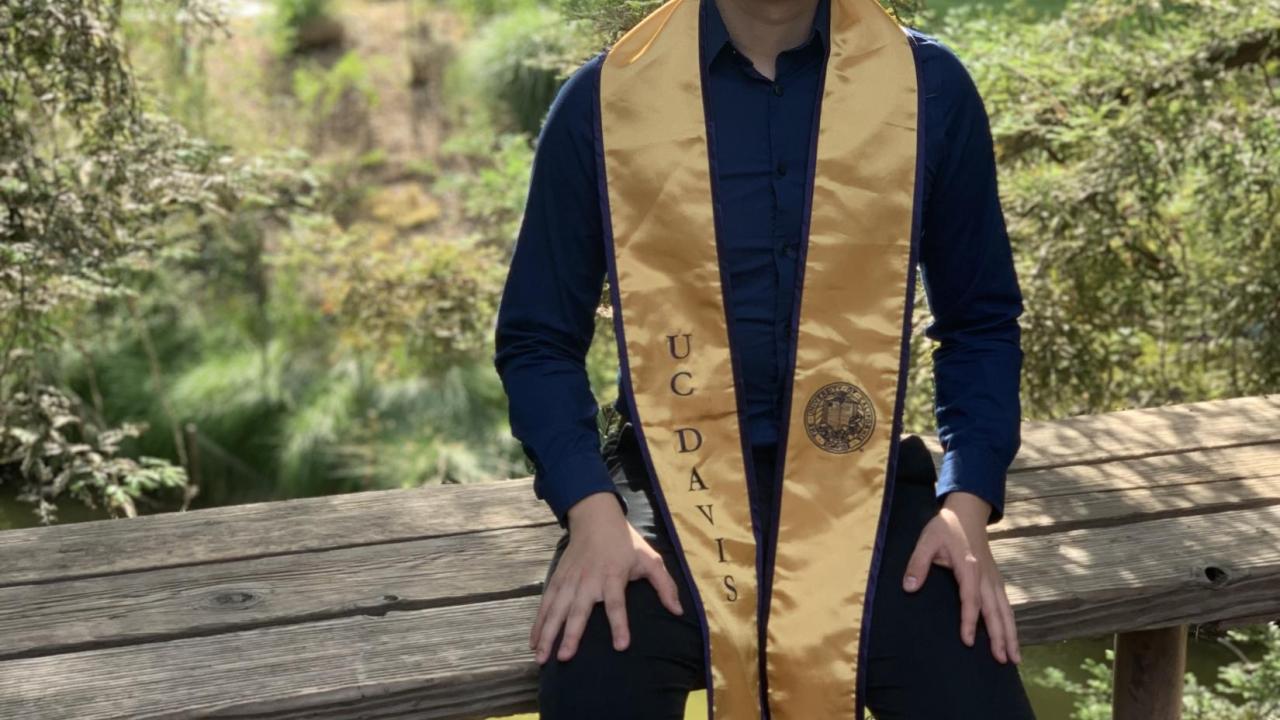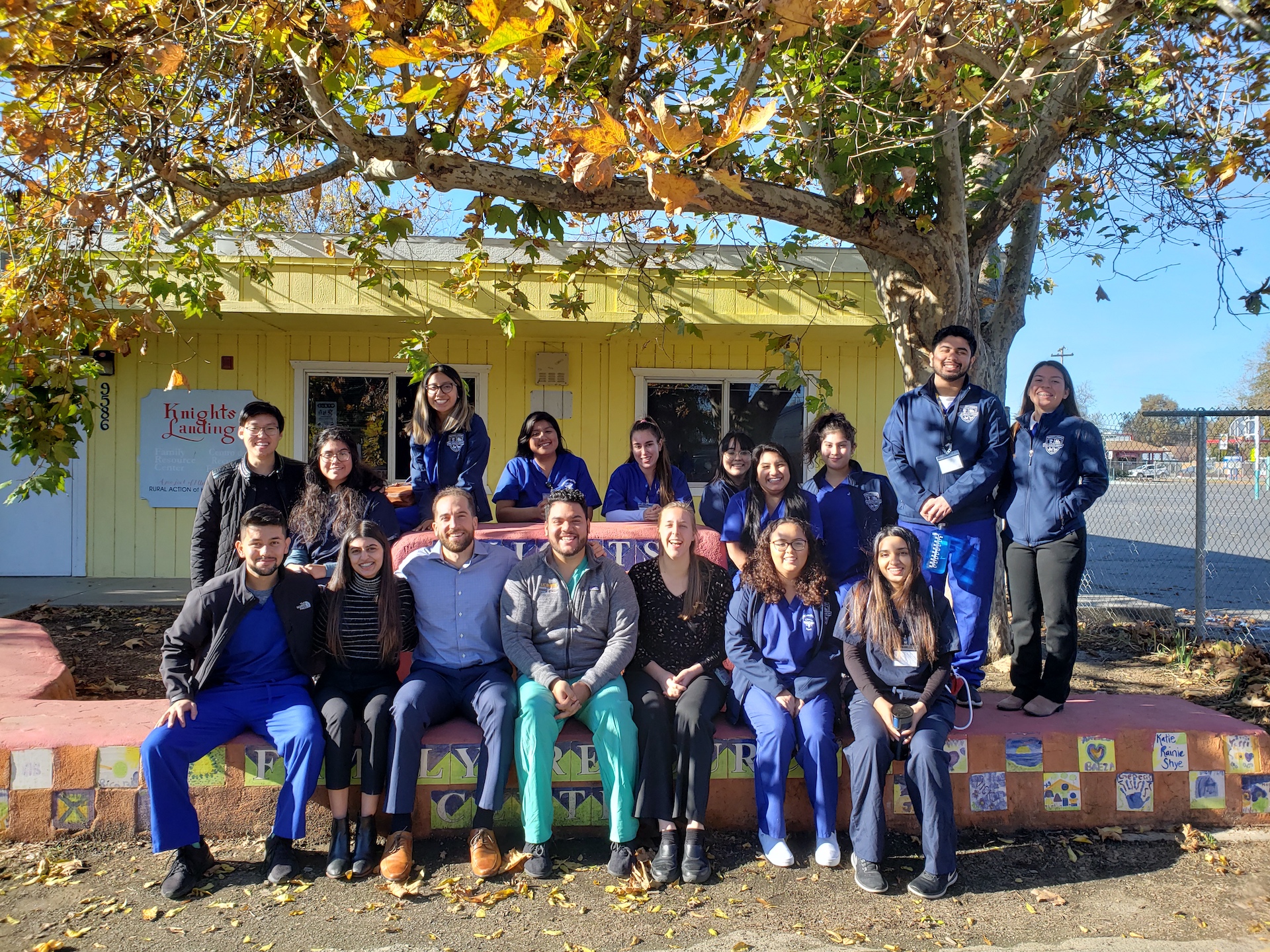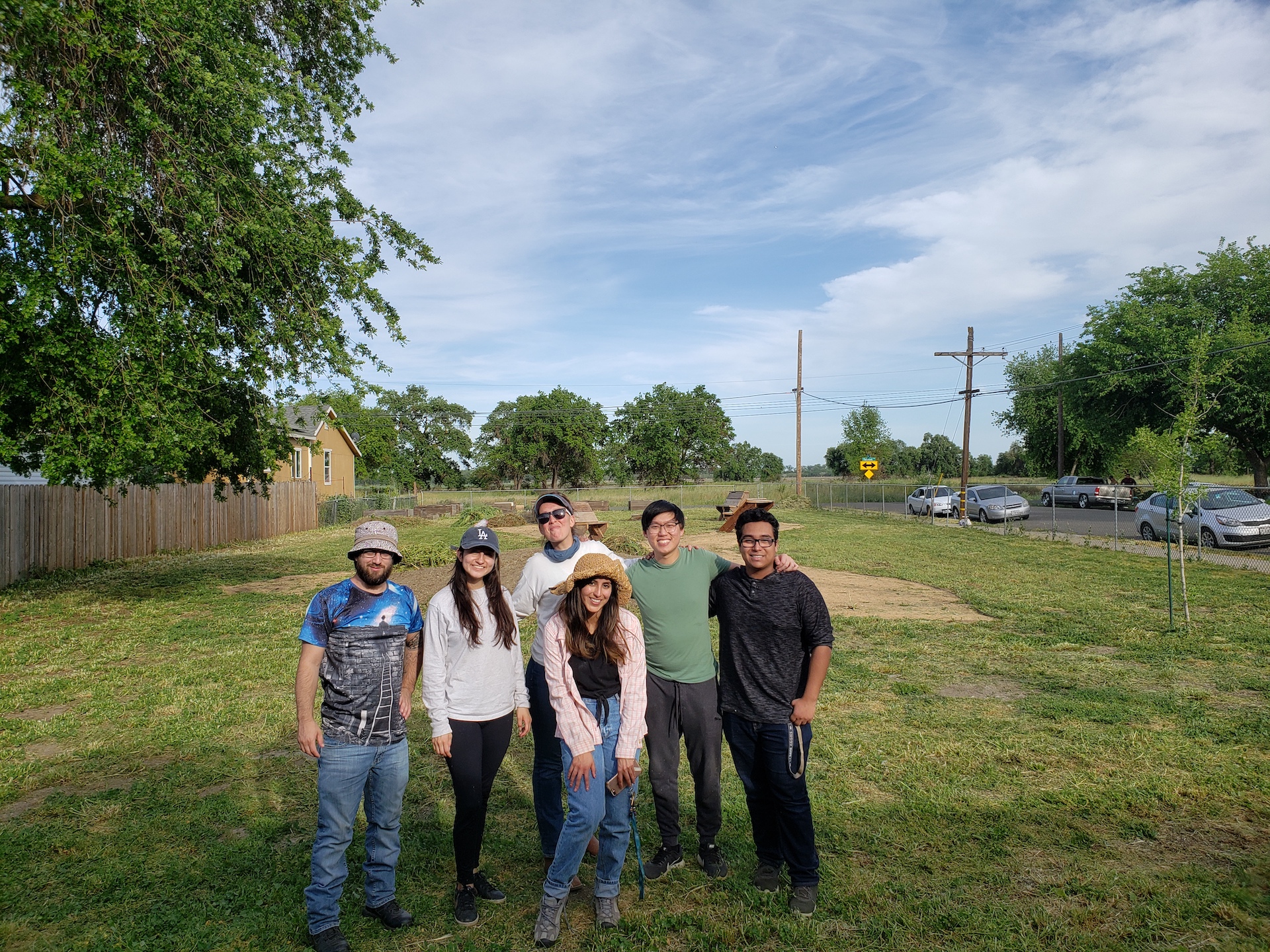
A Q&A with CBS Medalist and Ronald and Lydia Baskin Research Award Winner Wai Lone Jonathan Ho
Congratulations to Wai Lone Jonathan Ho, a graduating senior majoring in biochemistry and molecular biology, for being one of the recipients of this year’s Ronald and Lydia Baskin Research Award and the recipient of the College of Biological Sciences Medal. The Ronald and Lydia Baskin Research Award recognizes graduating undergraduate students for excellence in biological sciences research. The College of Biological Sciences Medal is awarded to an outstanding undergraduate student.
Congratulations Wai Lone Jonathan!
You can learn more about this award winner in the Q&A below.
Why did you choose to attend UC Davis?
UC Davis has a very strong biology department that focuses on equipping students with relevant and important theoretical knowledge that applies to both academia and industries. As a research institution, UC Davis also offers many different opportunities for students to participate in research projects and gain valuable skillsets. I highly encourage students to seek out new opportunities as you will definitely be able to find something that you are interested in! I also really appreciated and loved the college town atmosphere of UC Davis.
Describe your academic activities, research, and student experience.
As a freshman, I was fortunate to be awarded the Provost’s Undergraduate Fellowship to conduct independent research on 2D semiconductors and nanomaterials. As my interests shifted towards the study of medicine, I intended to bridge my knowledge of material science with applied biological research. This led me to begin researching in the Silva Lab of the UC Davis Bioengineering department to engineer novel polymer-based vehicles for the controlled delivery of cells, drugs, or genes in the context of ischemic tissue regeneration. I would like to credit my lab mentors and Professor Silva for guiding me over the past 2 years and teaching me so much!
In 2019, I participated in the NIH Summer Internship Program and joined the Molecular Microscopy Core group at the National Institute of Environmental Health Sciences (NIEHS) to solve the structure of macromolecular complexes using cryoelectron microscopy (cryo-EM). Through collaboration with a protein expression biologist, we explored the feasibility of a novel protein scaffold for the imaging of small proteins using cryo-EM. It was a truly fascinating and life-changing experience.
Aside from research, I greatly enjoyed teaching and assisting other students with their studies. I was fortunate to have been able to serve as a BIS 104 learning assistant for Professor Silvia Carrasco. She taught me the importance of maximizing student learning outcomes through a conducive and supportive learning environment.

How has philanthropic funding helped you in your educational pursuits?
Outside of my interest in the physical and life sciences, I also harbor an interest in public health. I served as a board member for the Knights Landing One Health Center, a student-run clinic that provides free healthcare services to over 1,200 residents of a rural underserved community. Over the past 2 years, I also served as the lead student coordinator for the Knights Landing Community Garden, an initiative meant to develop a shared community space to alleviate food insecurity, encourage greater community collaboration, and improve nutritional outcomes. As I am an independent student, philanthropic funding has been instrumental in lessening the financial costs of attending university. It has allowed me to volunteer my time to other communities, pursue my interests in research, and travel to present at national conferences.
What are your goals for the future?
As an advocate for underserved populations, I hope to provide more affordable, patient-centered healthcare to the less fortunate. Unfortunately, despite the advances of modern medicine, the costs of healthcare in the US continue to skyrocket. I hope to integrate my knowledge of medicine, healthcare systems, and technology to create disruptive medical technologies that will be greatly beneficial to healthcare providers and patients.

